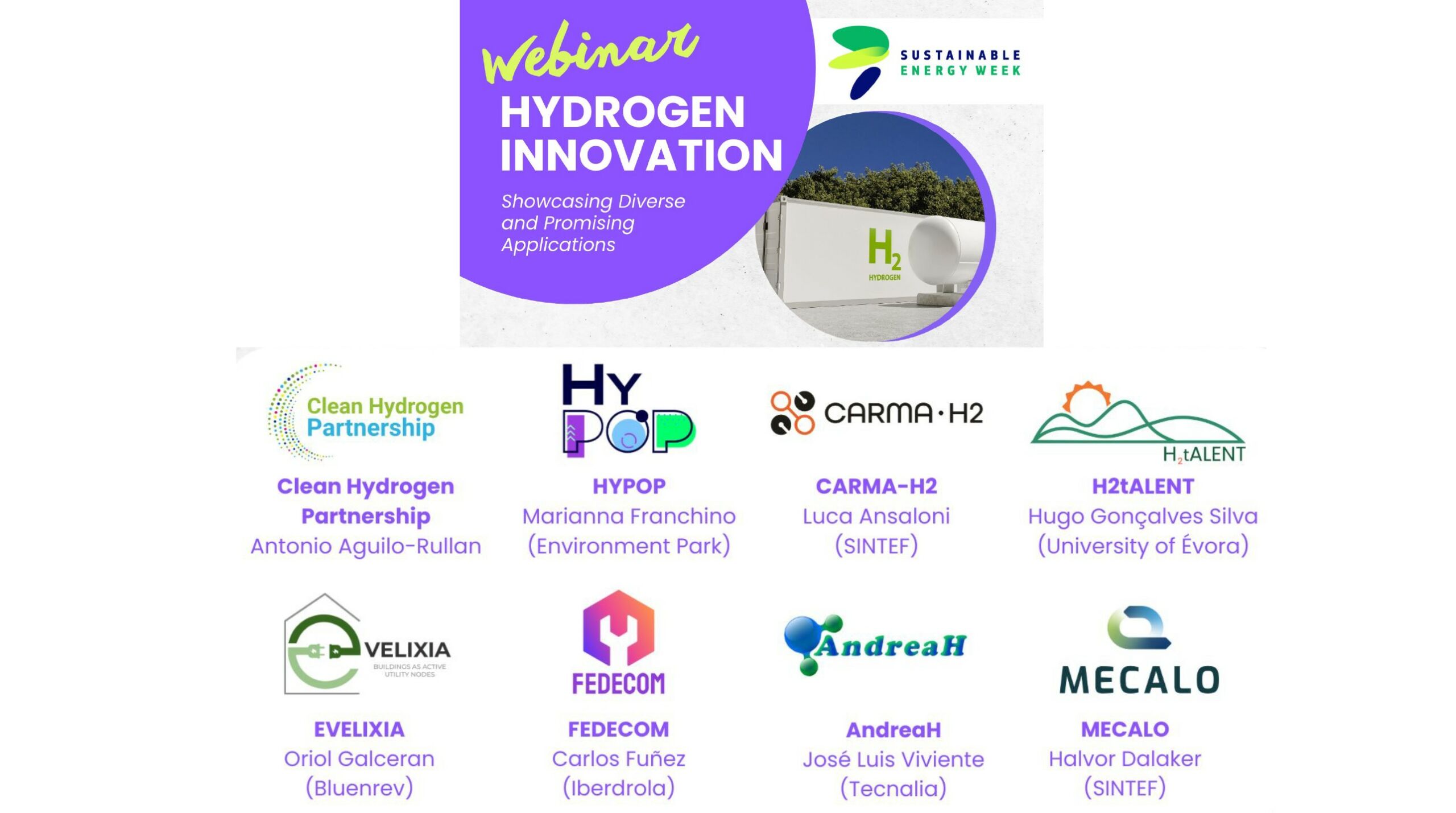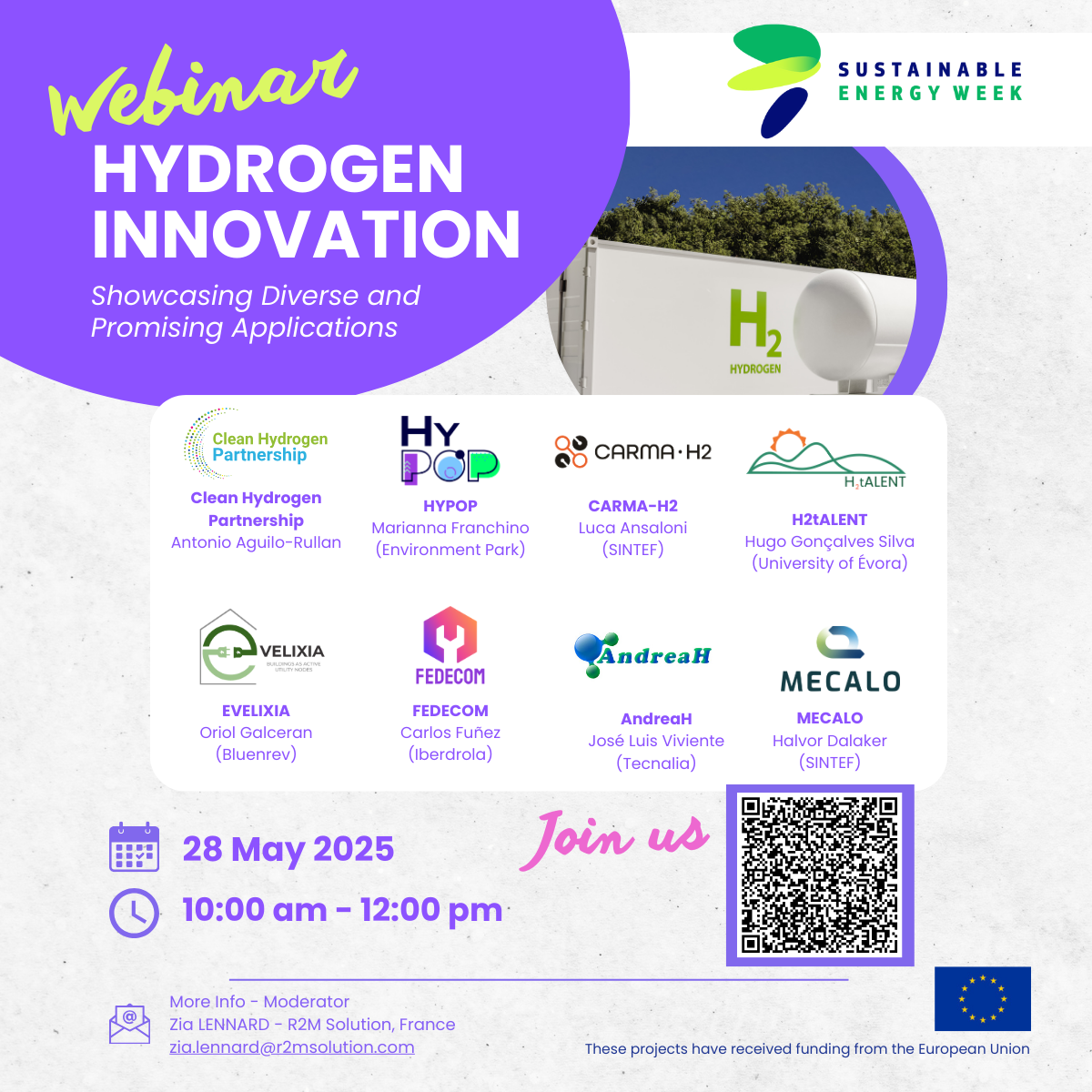Updated 3 November 2023
Dr Andrew PEACOCK from Heriot Watt University (FEDECOM’ consortium member) will participate in the Joint Final Conference for the European Commission’s Rural Energy Community Advisory Hub (RECAH) and Energy Communities Repository (ECR), Friday, 10 November 2023 from 09:30-16:00 (GMT) in the Royal Dublin Society (RDS) – Merrion Room, Dublin
M. Stéphane POUFFARY from ENERGIES 2050 (FEDECOM’ consortium member) will also participate online (for those who want to join online the conference, registration is still possible : https://us02web.zoom.us/webinar/register/WN_oPidV3ZYSdi8xIgtQ6k_nQ#/registration)
The conference recalls the fact that energy communities are one of the key elements for achieving the EU’s energy transition as, by 2050, half of Europe’s citizens could be producing up to half of the EU’s renewable energy.
This joint closing conference is the opportunity to discuss the main outcomes of RECAH and ECR initiatives with energy community practitioners and provide a platform for exchange with fellow communities and experts on the subject.
It is worth to recall that the conference takes place one day after the European Commission’s Citizen Energy Forum to exchange good practices and explore solutions for consumers to accelerate the energy transition while navigating the energy crisis (to access more information on the Citizens’ Energy Forum click here).
As Andrew PEACOCK recalls, the concept of energy citizenship is an essential component of EU Climate Change Policy, necessary for ensuring a just and fair low carbon transition. The evolution of citizens from passive to active users of energy has started, supported by pan-European initiatives such as the Citizens’ Energy Forum and the Energy Communities Repository. Making energy citizenship ubiquitous will require the development of supporting tools and platforms. The EU project FEDECOM is developing a cloud-based platform that will allow citizens to participate in energy communities and better optimize use of local renewable generation and storage assets. Cross sector energy vectors are accommodated in the platform, allowing thermal and electrical loads to be managed, building and mobility uses to be optimized and electricity and hydrogen fuels to be managed. The platform is being applied to a range of communitarian approaches, that includes residential and commercial sector led initiatives. The platform is also anticipating electricity market reform by developing the potential for energy communities across Europe to trade energy portfolios virtually across the blockchain.
Access the program by clicking on the picture.








